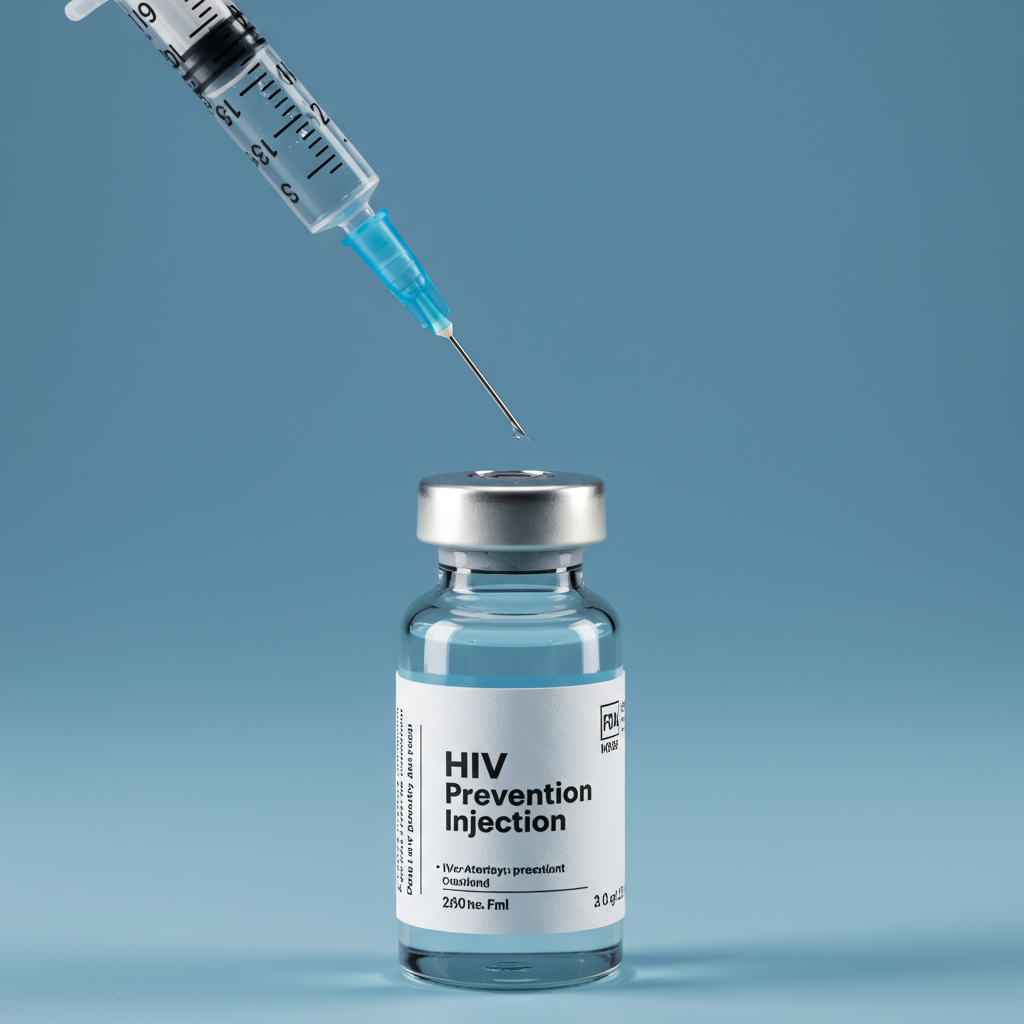The State of Cancer Progress in Kentucky
Kentucky faces significant challenges in the ongoing fight against cancer. While strides have been made in research, prevention, and treatment, experts warn that the state’s hard-won progress is at a critical juncture. Understanding the unique factors contributing to Kentucky’s cancer burden and the efforts required to sustain momentum is essential for the health and future of its residents.
Understanding Kentucky’s Cancer Landscape
Kentucky historically has some of the highest cancer rates and cancer-related deaths in the United States. Several factors contribute to this:
High Prevalence of Risk Factors: Smoking rates, obesity, and sedentary lifestyles remain significant concerns in the state, directly impacting cancer risk.
Specific Cancer Types: Lung cancer rates, particularly, have been disproportionately high, linked closely to historical smoking trends. Other prevalent cancers include colorectal, breast, and prostate cancers.
Socioeconomic Factors: Access to healthcare, healthy food options, and resources for prevention and screening can be limited in certain regions of the state, especially rural areas.
The Importance of Sustaining Progress
Years of dedicated work by researchers, healthcare providers, public health officials, and community organizations have led to improvements. This includes:
Enhanced understanding of cancer biology through cancer research efforts.
Implementation of public health initiatives aimed at cancer prevention and early detection.
Improved cancer care facilities and treatment options available to Kentuckians.
However, maintaining and accelerating this progress requires sustained effort and investment.
What Challenges Lie Ahead?
Experts, including leading voices like B. Mark Evers, often point to potential threats that could jeopardize future gains:
Funding Uncertainty: Consistent and adequate funding for cancer research, prevention programs, and healthcare infrastructure is vital. Fluctuations can disrupt critical long-term projects.
Public Health Engagement: Ensuring continued public awareness and participation in prevention programs and recommended screenings (like mammograms, colonoscopies, and lung cancer screenings) is crucial but challenging.
Addressing Disparities: Progress must be equitable across all populations in Kentucky, requiring targeted efforts to reach underserved communities and address healthcare access barriers.
Adapting to New Science: Rapid advancements in treatment and diagnostics require continuous investment in technology, training, and integrating new therapies into cancer care pathways.
Keeping Momentum in the Fight
The future of cancer outcomes in Kentucky hinges on collective action. Prioritizing public health initiatives, supporting cutting-edge cancer research, expanding access to affordable cancer care and screening, and fostering healthier communities are all critical steps. The dedication of researchers, clinicians, and policymakers, alongside the active participation of residents in adopting healthy behaviors and seeking preventive care, will determine if Kentucky can overcome current challenges and continue its vital cancer progress.




